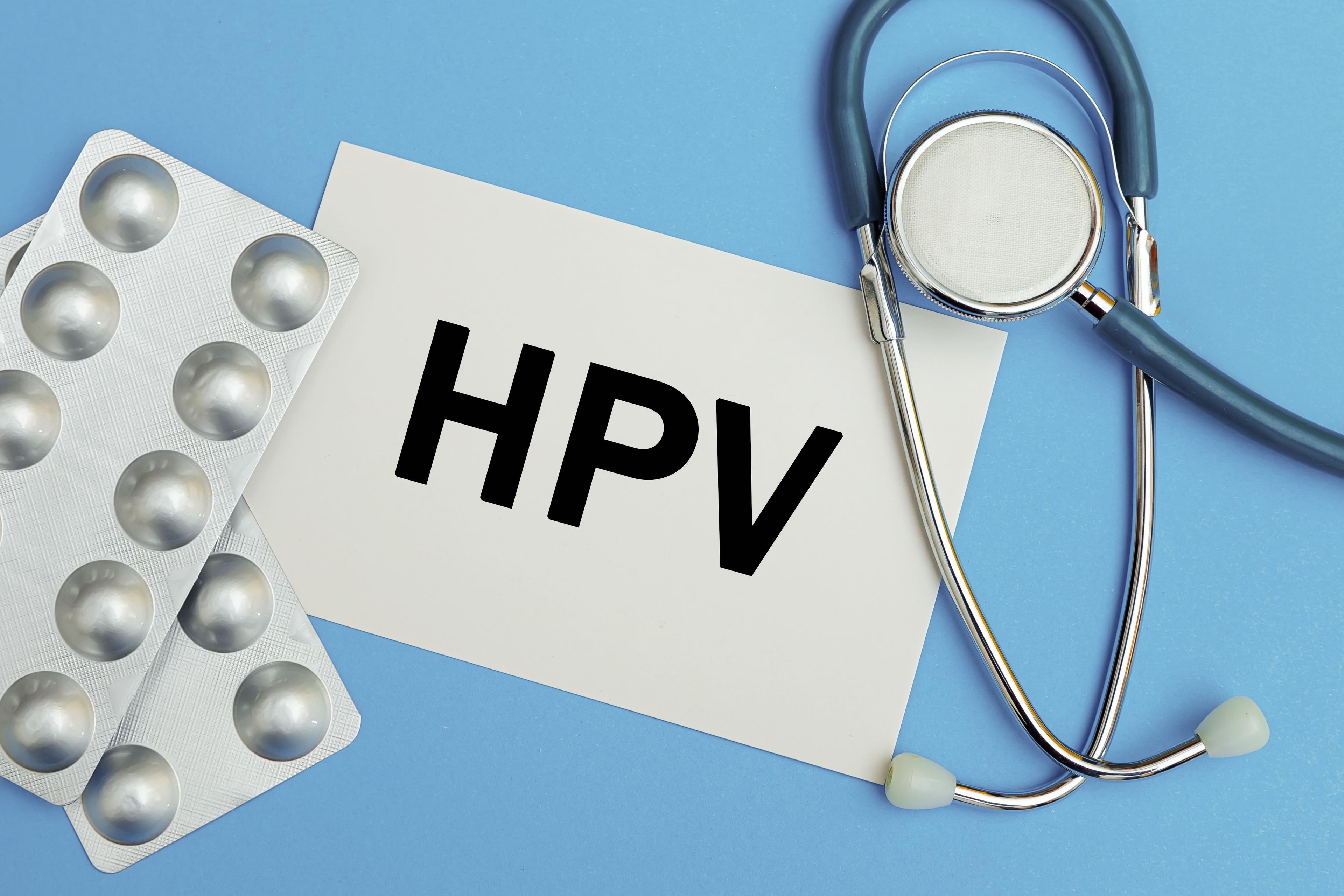HPV, also known as Human Papilloma Virus, is the most common sexually transmitted infection. It is so common that researchers believe that 92% of sexually active people will get the infection at least once in their lifetime.
However, despite its prevalence, there are still a lot of myths and misconceptions surrounding the infection.
In this article, we discussed everything you need to know about the human Papilloma Virus. From its cause to symptoms, complications and management.
What is HPV?
HPV, as stated earlier, is a sexually transmitted infection.
However, intercourse is not the sole means of transmission. Skin-to-skin contact has been linked to the transmission of HPV.
You get the virus when you have sexual contact with someone who is infected. And this happens when your vulva, vagina, cervix, penis or anus touch someone else's genitals or mouth during sex.
The virus has more than a hundred strains. However, not all cause the same effect.
Some called the low-risk strains, cause genital warts, while others, called the high-risk strains, cause cancers.
“Together, HPV 16 and HPV 18 account for 70 per cent of all cervical diseases,” says Connie Trimble, M.D., Director of the Johns Hopkins Center for Cervical Dysplasia.
The outcome isn't always serious though. Most times, the immune system resolves the infection and it goes away on its own. In fact, most people aren't even aware that they had HPV at one point in their lives.
How does one contact HPV?
It is transmitted through skin-to-skin contact, often sexual contact-- orally, anally or through the vagina.
In children, it can be transmitted during birth. However, the risk is relatively low. Mostly because their immune system takes care of it. Warts are contagious. Thus, can be passed from person to person.
Risk factors of HPV
Here are the most common factors that can increase the risk of HPV infection:
- Sexual activity.
The following puts you at risk of contracting HPV:- Having multiple sexual partners.
- Having sex with a person who has multiple sexual partners.
- Having sex without protection.
- Weakened immune system.
People who have a weak immune system are more likely to present symptoms and possible complications than those who don't. - Personal contact.
Touching someone's warts or surfaces exposed to HPV puts you at risk of the infection. - Not getting vaccinated.
The HPV vaccine puts you in a 'safe zone', as it sensitizes your immune system against the virus.
Symptoms of HPV
Genital warts
It appears as a small cauliflower-like lesion on the vulva or anus of a woman, and on the penis, anus or scrotum of a man.
These warts rarely cause discomfort or pain, though they may itch.
Common warts
This appears as rough, raised bumps on the hands and fingers, and are usually painful. These warts are also susceptible to injury and bleeding.
Plantar warts
They are hard, grainy growths that appear on the heels of the feet.
Flat warts
Flat warts are common in children and males. These lesions can appear anywhere, but children usually get them on the face, and men tend to get them on their beards.
How to manage HPV
There is no cure for HPV. However, there's a lot you can do to either prevent or manage the symptoms.
Get vaccinated
Vaccination saves lives. And the HPV vaccine is no different.
It protects you from certain strains of the virus. By helping the immune system to recognize those strains, you put your health in a 'safe zone'.
Get screened
This applies to you, especially if you are sexually active.
The screening will detect progression to cancer and here's how; the Pap test detects changes in the cells of the cervix, and the HPV test detects the presence of the human papillomavirus.
If your doctor notices a detectable change, he or she would swoop into action and take measures to circumvent it.
Use protection
While condoms do not completely eliminate the risk of contracting the virus, they are still highly effective in lowering your chances of getting the infection.
Get medication
For warts, your doctor might prescribe imiquimod and podofilox.
Podofilox destroys the wart tissue, while imiquimod boosts the immune system, helping it to fight the infection.
Boost your immunity
A strong immune system will fight the infection better than a weakened one. You can achieve this by:
- Eating well.
- Engaging in physical activity.
- Taking supplements.
- Going for regular check-ups
The human papillomavirus isn't as deadly as it sounds. With the right measures such as safe sex and vaccination, it can be effectively curbed. However, if left untreated, it can cause terrible effects such as cervical and oropharyngeal cancer - to name a few.
